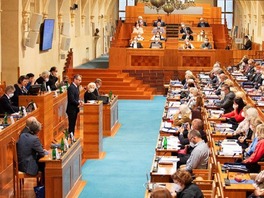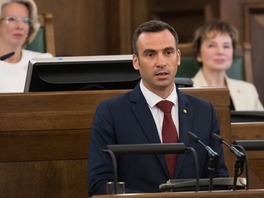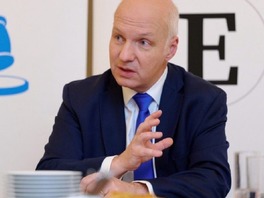On Sunday, June 6, Euro-Atlantic Security Leadership Group (EASLG) made a statement “Advancing Strategic Stability in the Euro-Atlantic Region, 2021 and Beyond” in advance of the Putin-Biden summit scheduled to take place on June 16. The statement was published on the EASLG’s website.
The statement provides eight steps for managing instability and building mutual security:
Step 1: Reinforce the principle that a nuclear war cannot be won and must never be fought.
Step 2: Deepen U.S.-Russia and West-Russia crisis management dialogue.
Step 3: 1,400 in 2021. With New START extended for five years, Washington and Moscow should commit to further reduce U.S. and Russian deployed strategic nuclear weapons while working urgently to establish the mandate for and scope of a successor agreement to New START.
Step 4: Conduct internal “fail-safe” reviews.
Step 5: Direct a new strategic dialogue among Euro-Atlantic states about building mutual security—in both new and existing tracks, such as the Russia-NATO Council and the Organization for Security and Co-operation in Europe.
Step 6: Implement a ban on the deployment of Russian and U.S. land-based INF-range missile systems that would apply to the Euro-Atlantic region and, when possible, more broadly.
Step 7: Establish cyber nuclear “rules of the road” precluding cyberattacks on nuclear facilities, nuclear command-and-control structures, or early warning systems.
Step 8: Establish a Joint Data Exchange Center. The United States, Russia, and NATO should commit to updating the June 2000 U.S.-Russia agreement to establish a joint data exchange center for the exchange of data from early warning systems and notifications of missile launches to include all of NATO (or perhaps implement the center concept “virtually”).
Importantly, the statement indicates that the “unresolved conflict in Ukraine remains a potential flashpoint for catastrophic miscalculation between Russia and the West, and this tension threatens security and stability in the Euro-Atlantic region more broadly.” Political resolution remains fundamental to ending the armed conflict in the Donbas region, to improving prospects for constructive Ukraine-Russia dialogue more broadly, including on Crimea, and to improving Euro-Atlantic security.






